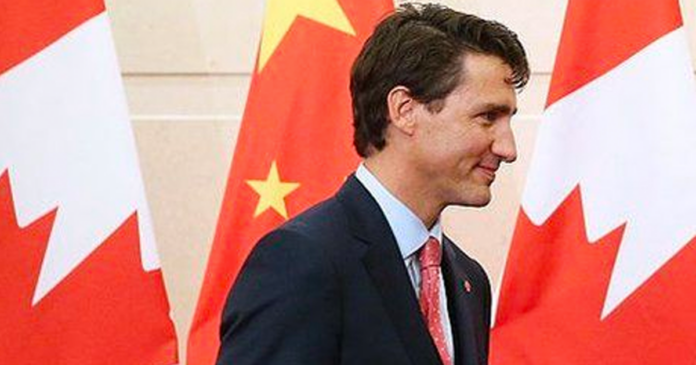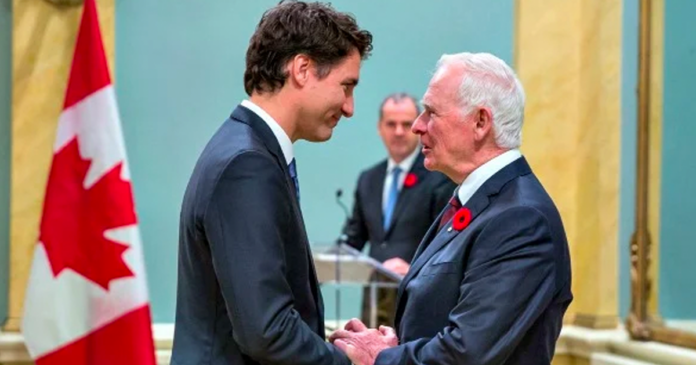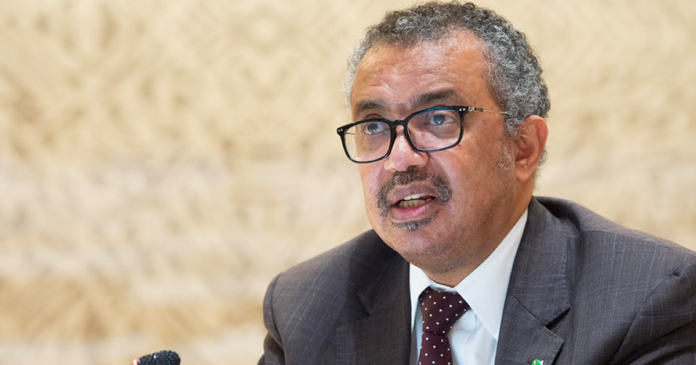The Faculty Association of the University of Waterloo (FAUW) says its “Equity Committee” must be at least 50% non-male and 50% non-white in order to have “gender and racial parity.”
In a recruitment email obtained by Quilette editor Jonathan Kay, the association writes that “per our terms of reference, the Equity Committee seeks applications from women, nonbinary, and trans folks in order to maintain gender parity.”
“seeks applications from women, nonbinary, and trans folks in order to maintain gender parity” ????
— Jonathan Kay (@jonkay) May 9, 2023
but the best part is the last paragraph, where they rank their preferred races—with black and indigenous on top, white at the bottom, and misc. in the middle pic.twitter.com/7G8xgWYlwa
In addition to being 50% non-male, the email says the committee must also be made up of 50% racialized faculty, with “priority given to applicants with intersectional backgrounds.” It describes intersectionality as being “disadvantaged by multiple sources of oppression,” including race, gender, sexuality, religion and disability.
The faculty association also says it gives preferential treatment to black and Indigenous peoples in the selection process “whenever possible.”
In the event that there are not “sufficient numbers of gendered and racialized applicants to allow the committee to reach gender and racial parity,” the FAUW says the committee “should solicit applicants and accept applications on a rolling basis.”
It also says that The Black Faculty Collective and the Indigenous Advisory Circle/Waterloo Indigenous Student Centre can select people to be on the “Equity Committee.”
“As collectives form to represent racialized peoples on campus, those caucuses also will be invited to select a faculty member,” the FAUW added.
On its website, the faculty association says its “Equity Committee” “engages in education and advocacy activities to promote equity on campus, maintains a watching brief on equity issues, and makes recommendations to the Faculty Association Board of Directors about policy changes to pursue.”
The committee has worked on supporting black and Indigenous scholars who were hired through the university’s race-based “cluster hire” initiative, and helps out Waterloo’s Office of Equity, Diversity, Inclusion & Anti-racism with the pursuit of its agenda.
The committee also hands out “Equity & Inclusivity Awards” to “individuals or groups who have demonstrated an exemplary commitment to improving equity, inclusivity, and/or diversity at the University of Waterloo.”
The FAUW’s use of gender and race quotas for its “Equity Committee” is just the latest woke practice pursued in the name of “Equity, Diversity and Inclusion” (EDI) ideology seen in Canadian academia.
EDI practices at universities have also included the hiring of professors based on race to increase diversity – something done at the University of Waterloo and at several other Canadian post-secondary institutions, as previously reported in True North’s Campus Watch series.
Multiple prominent scholars have criticized EDI, including Society for Academic Freedom and Scholarship President and Saint Mary’s University philosophy professor Mark Mercer, who labelled the ideology and its practices “anti-academic” amid them not prioritizing merit.
Society for Academic Freedom and Scholarship (@SocietyforAcad1) President & Philosophy Professor Mark Mercer says “Equity, Diversity and Inclusion” initiatives & ideologies are anti-academic because “they don't embody academic values and they don't serve academic goals.” pic.twitter.com/R7iWbcb7a0
— Élie Cantin-Nantel (@elie_mcn) January 12, 2023
“EDI initiatives and EDI ideology are fundamentally anti-academic. They don’t embody academic values and they don’t serve academic goals,” said Mercer in an interview with True North earlier this year.
Mercer added “what we want as professors are the people who combine teaching and research to the highest degree. So by bringing in something irrelevant, such as ethnicity or race, the university is cutting itself off from potentially the best scholars.”
True North reached out to the Faculty Association of the University of Waterloo for comment, but they did not respond in time for publication.



























